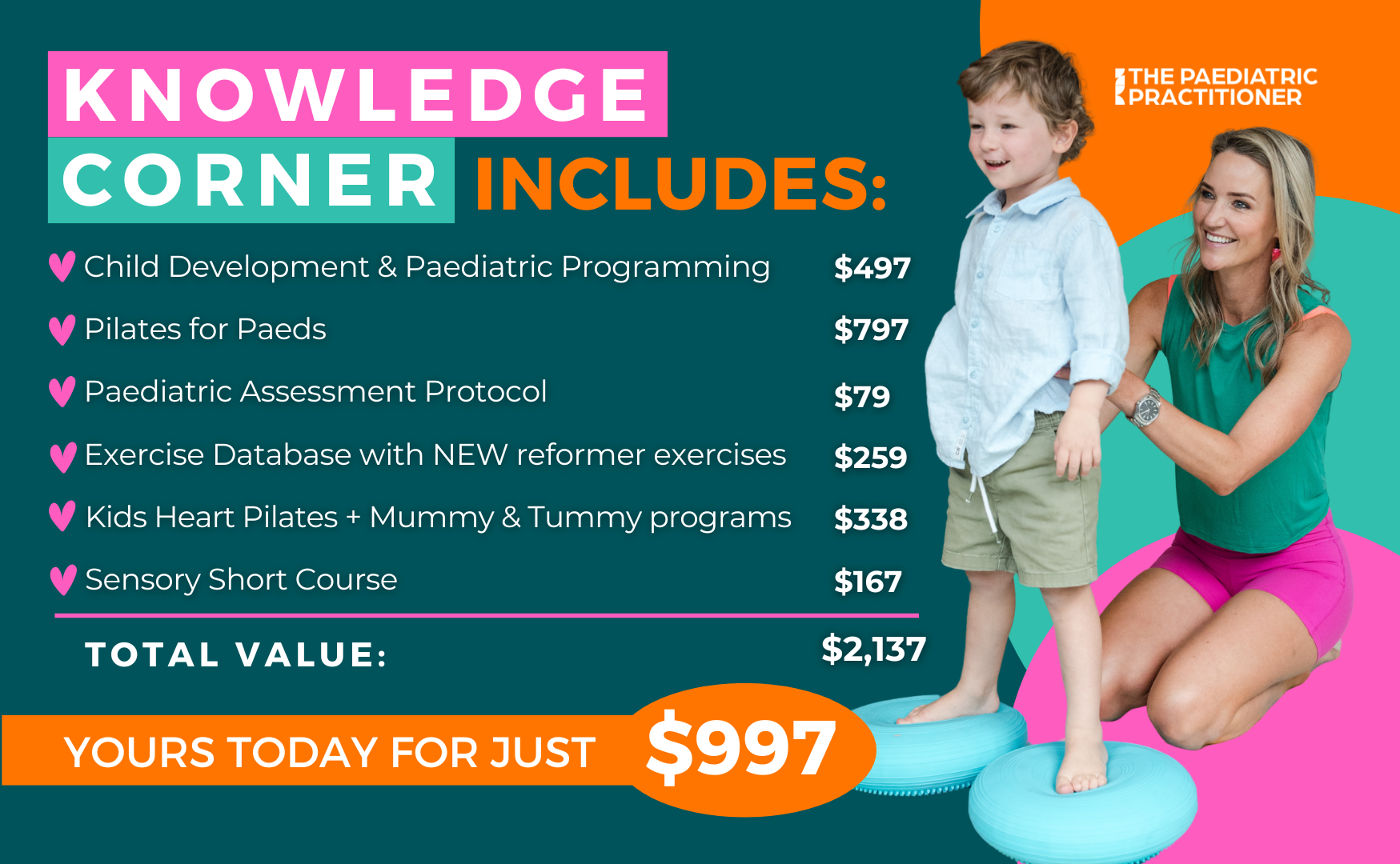Why Uncertainty is the Perfect Time to Step Up
Sep 30, 2025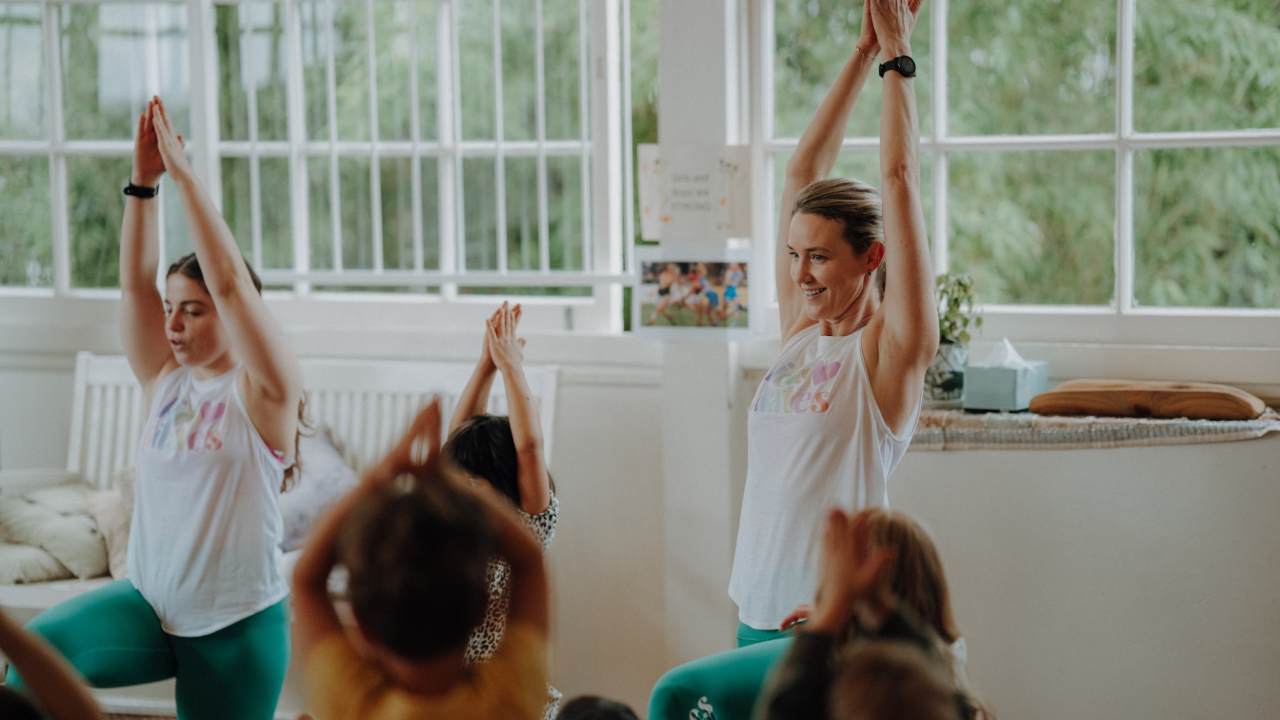
Future proof your practice for the changes ahead
What I’m hearing from Exercise Physiologists and allied health practitioners everywhere is uncertainty.
And the truth is, it is uncertain right now.
We know NDIS is changing. We know “Thriving Kids” is coming. But we don’t yet know exactly what that will look like for our EP and allied health communities.
Here’s the thing: uncertainty is not an excuse to sit back. This is the time to step up, build resilience, and deliver services so valuable that families and funders choose you.
We are in a changing season for paediatric allied health, but that also means opportunity. My goal this month is to equip you with the knowledge, strategies, and resources to not just survive, but to lead with confidence. That’s why I’ve brought together a Knowledge Corner package with next level value designed to help practitioners step up in these uncertain times.
While these are concerns are very real, I’ll be honest with you, I’m not losing sleep over it.
Why? Because over the past 15 years I’ve faced plenty of hurdles, and every single one of them has set me up to be more resilient as a service provider. Today, I feel confident because I’ve built multiple levers to pull on, both clinically and in business. And that’s what I want to share with you: the steps you can take now to set yourself up, no matter what happens next.
We don’t need to lose sight of our value, we need to step into it. Here is exactly what to do.
1. Use Movement to engage the Whole Child
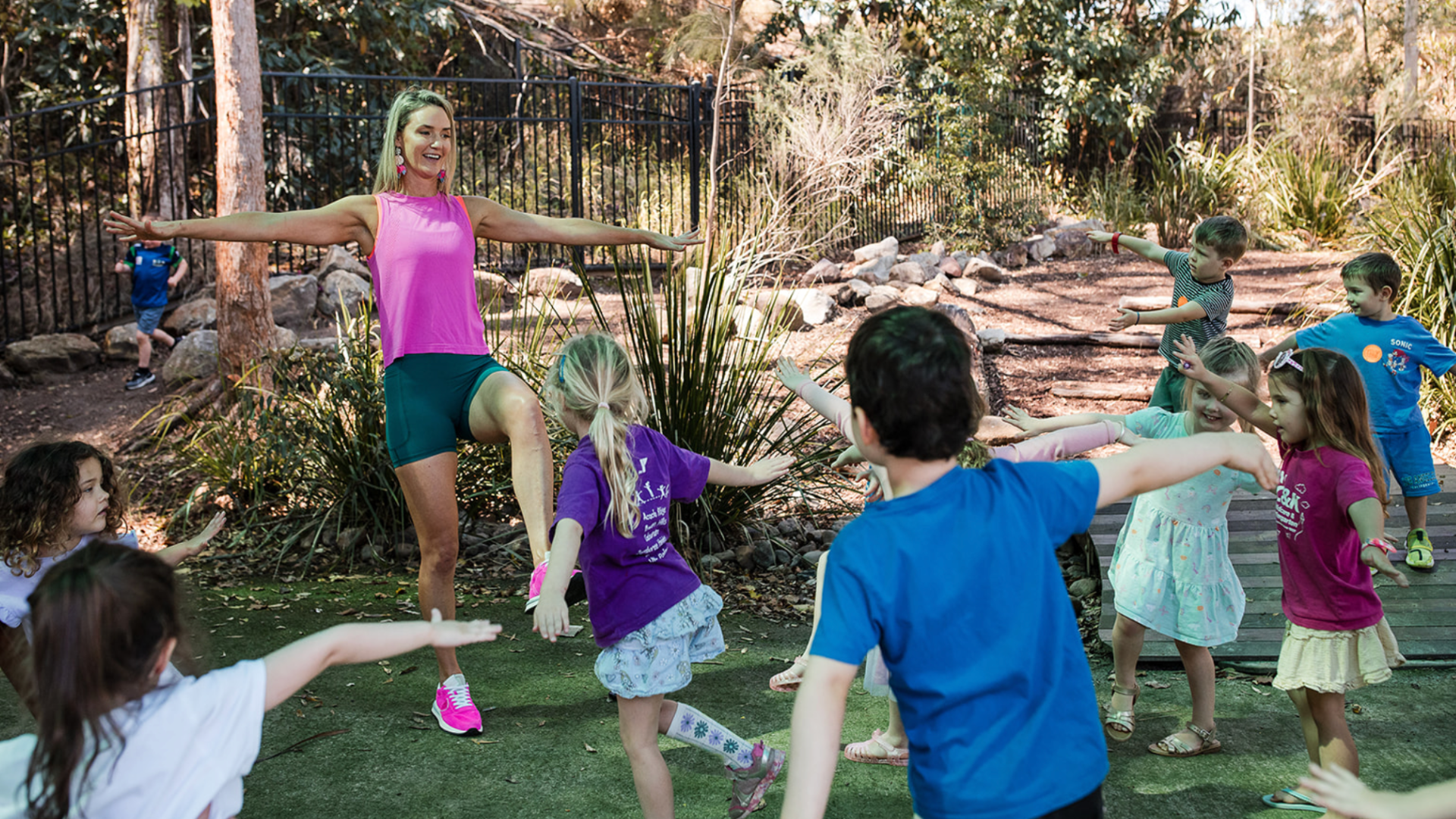
Movement is pretty remarkable for children, when we move intentionally we quite literally engage every developmental system, not just the motor system. It is about regulation, stimulation, social skills, language and cognitive engagement. Once I learned this, I could connect with children with complex needs in a way I hadn't before. I could use movement to identify whether a behaviour was driven by sensory overload, motor challenges, or attention difficulties, and adjust my strategies to work to a child’s specific needs. And the best part? I can do it in a fun and engaging way resulting in parents telling us on the daily their kids LOVE Kids Heart Pilates.
Hot Tip: If a child disengages mid-session, don’t just push through or give up. Ask yourself: is this physical fatigue, a cognitive difference, language skills, or perhaps sensory overload? Your answer will guide your next move.
2. Nail Your Assessments
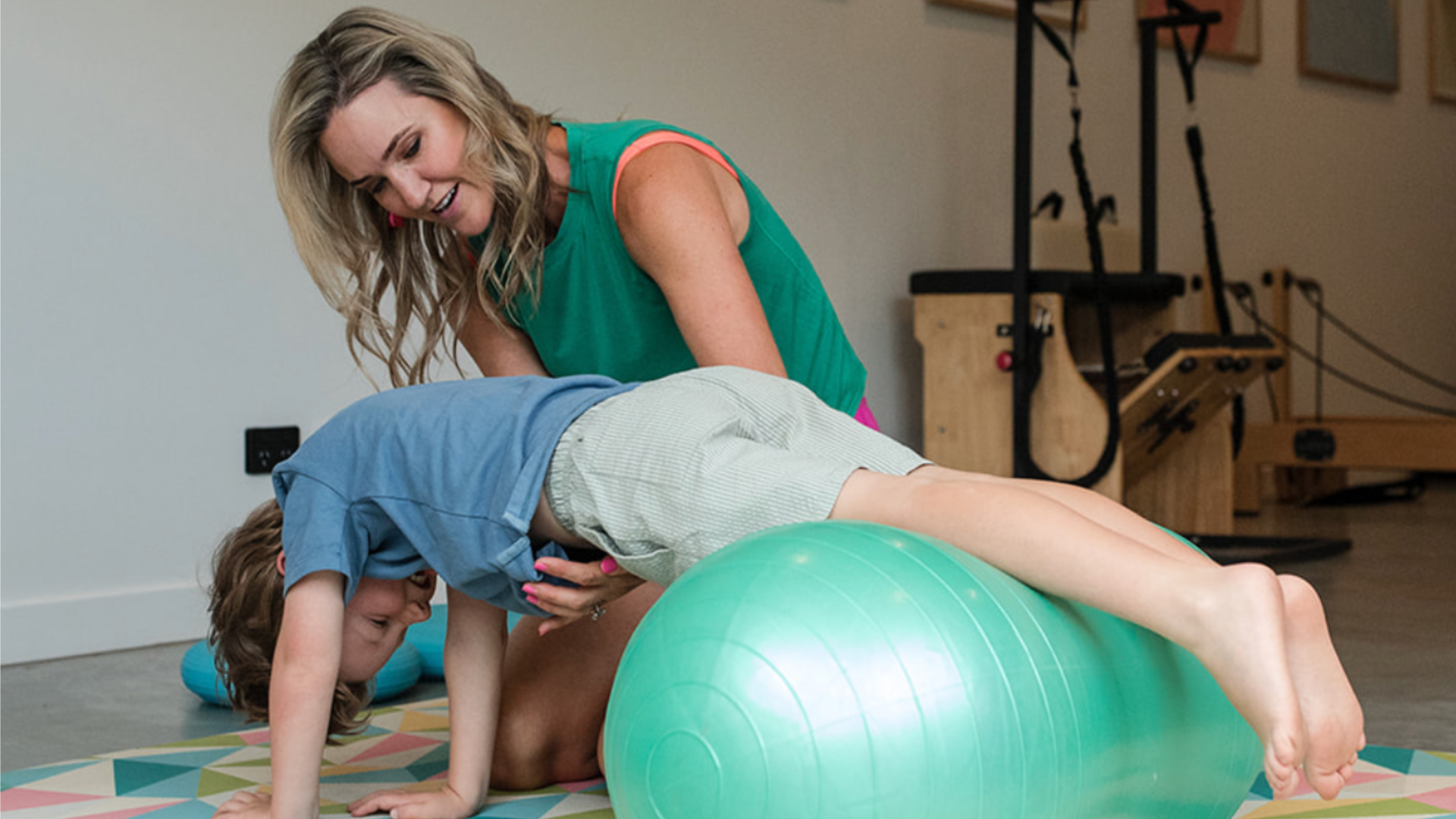
Assessments are where confidence begins for clinicians, children, families and funders. Without structure, we rely too heavily on observation, and that leaves us second-guessing ourselves.
A strong assessment process should:
- Communicate with parents before the session to set everyone up for success.
- Use milestones and structured protocols to assess across motor, cognitive, social, and sensory domains.
- Have easy to use scripts and templates to explain findings clearly and make it easy for clinicians.
- Lead to reports that secure funding and empower families and health teams.
Hot Tip: Jump on the phone with the parent prior to the initial. Give them an opportunity to talk freely about goals, routines, and triggers. You’ll walk into that initial more confident, parents will feel seen and heard and you can focus building connection with the child.
3. Build Service Resilience
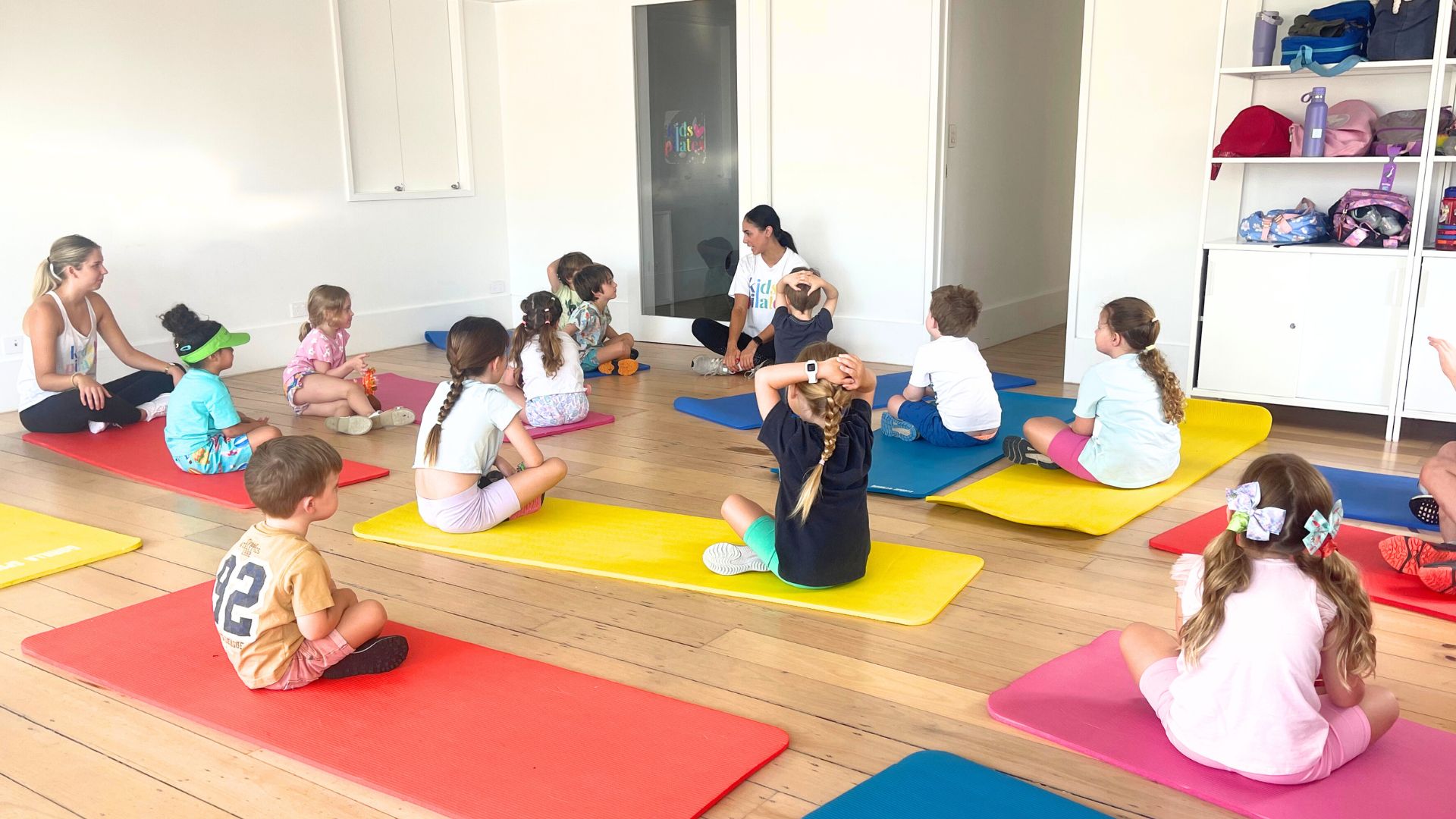
We can’t rely on one funding stream or one service type. True resilience comes from offering multiple ways to support children and families. At Kids Heart Pilates, this means:
-
1:1 and small group NDIS sessions
-
1:1 and small group Private clients
-
Early education partnerships, programs and mentoring
-
Small Group programs
-
Holiday intensives and programs
Our holiday program is a great example. Launched just over a year ago, it now books out weeks in advance and has become one of our biggest referral generators. Our group sessions have a tween cult following, with 7 running each week and plans to double.
Hot Tip: Start with one new service stream. It could be a school-based workshop, a short holiday program, or a small-group class. Test it, refine it, and grow it. It does take time but can be done with some persistence.
You can step into this next chapter ready!
The future is uncertain, but uncertainty doesn’t have to mean instability. If you can:
-
Use movement as a holistic tool in a fun and engaging way
-
Nail your assessments, communicate clearly and step into therapy confidently
-
Build service resilience so you’re not reliant on one stream...
...then you’ll be ready for whatever changes come next. You will be unstoppable.
The First Step?
This is why I created the Paediatric Practitioner Knowledge Corner. It’s your complete toolkit for building confidence, clarity, and resilience in paediatric practice.
Here is what’s included for the month of October:
If you’re ready to step up in uncertain times and walk into every paediatric session with confidence, now is the time to join.


